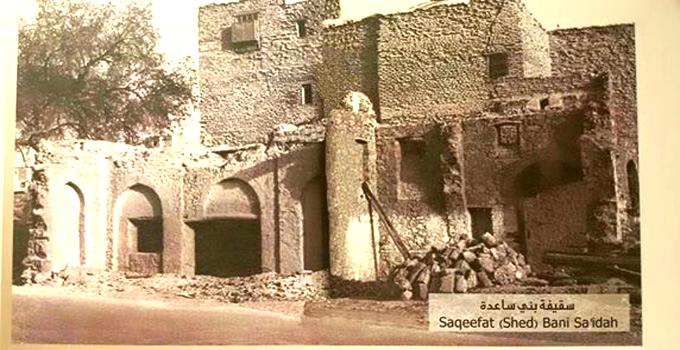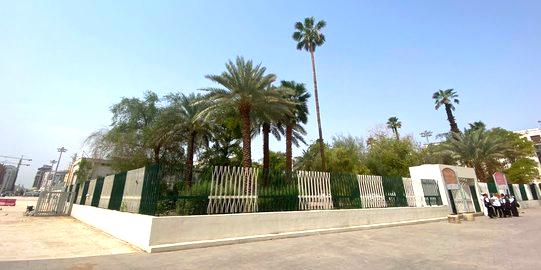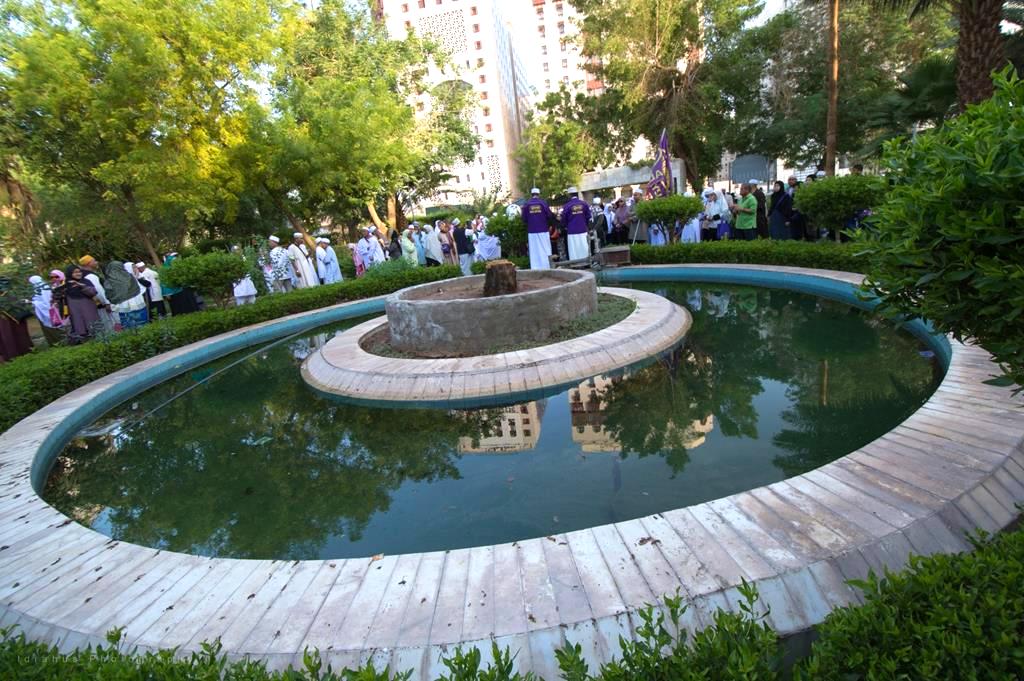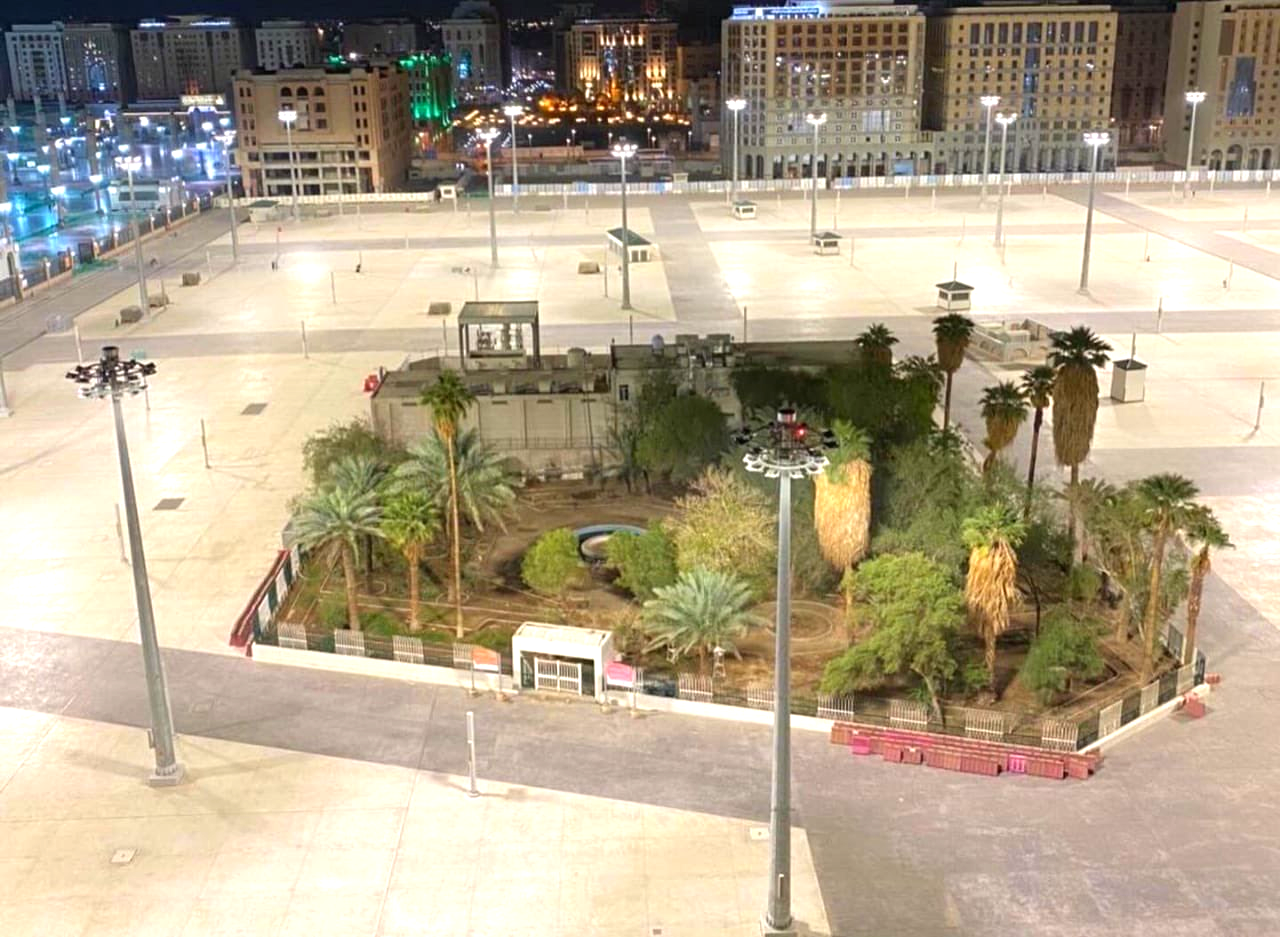All Sovereignty Belongs to Allah
The Passing of Prophet Muhammad: A Defining Moment for the Muslim Community
When Prophet Muhammad (peace be upon him), the founder of Islam, passed away in 632 CE, his death profoundly shook his followers. For many Muslims, it was difficult to accept that the man who brought them divine guidance and shaped their lives was no longer among them. Umar ibn al-Khattab, one of the Prophet’s closest companions, overwhelmed by grief, declared, “Whoever says that Muhammad has died, I will strike his neck!” His emotions reflected the deep attachment and reverence Muslims had for their Prophet.
At this critical juncture, Abu Bakr as-Siddiq, another prominent companion, displayed remarkable composure. Entering the room where the Prophet’s body lay, he uncovered the face of his beloved friend and leader, confirmed his passing, and said, “By the One who sent you with the truth, you have now experienced the death that was decreed for you, and Allah will not cause you to die twice.” This statement reminded the community of a fundamental Islamic belief: mortality is inevitable for all human beings.
Addressing the grieving community, Abu Bakr spoke words that became immortal in Islamic history: “O people, whoever among you worshiped Muhammad, know that Muhammad has passed away. But whoever worships Allah, Allah is Ever-Living and does not die.” He then recited a verse from the Qur’an:
{Muhammad is no more than a Messenger; many messengers have passed away before him. If he dies or is slain, will you turn back on your heels? And he who turns back on his heels will do no harm to Allah. And Allah will reward those who are grateful.} (Aal-E-Imran: 144).
These words grounded the Muslim community in their faith, reaffirming that their devotion was to Allah, not to any human being, even one as beloved as the Prophet. Umar later reflected on this moment, saying, “It is as if I had never read this verse before this moment.”
The death of Prophet Muhammad not only left a spiritual void but also posed political challenges for the young Muslim community. On the same day, leaders of the Ansar (Medina’s local Muslims) gathered at the Saqifah of Banu Sa'idah to decide on the leadership of the Muslim community. They initially suggested Sa’d ibn Ubadah, one of their own, as the new leader.
Abu Bakr, Umar, and Abu Ubaidah, representing the Muhajirun (the emigrants from Mecca), joined the discussion. Abu Bakr emphasized the importance of unity and proposed that leadership should remain with the Quraysh tribe, to which the Prophet himself belonged. After deliberation, the Ansar and Muhajirun pledged allegiance to Abu Bakr, making him the first Caliph of Islam.
This pivotal moment demonstrated Abu Bakr’s wisdom and ability to unify the community, ensuring that Islam’s spiritual and political foundations remained intact.




